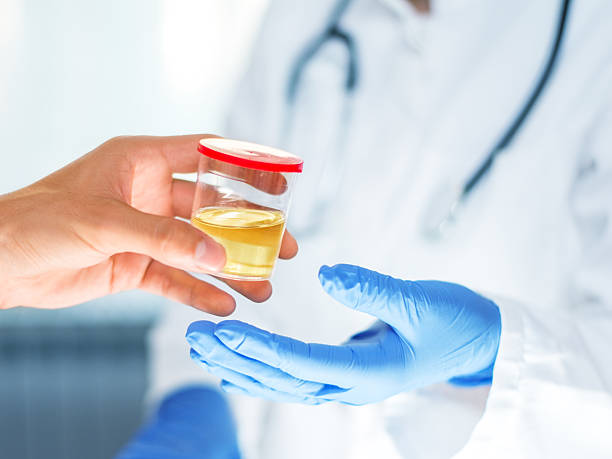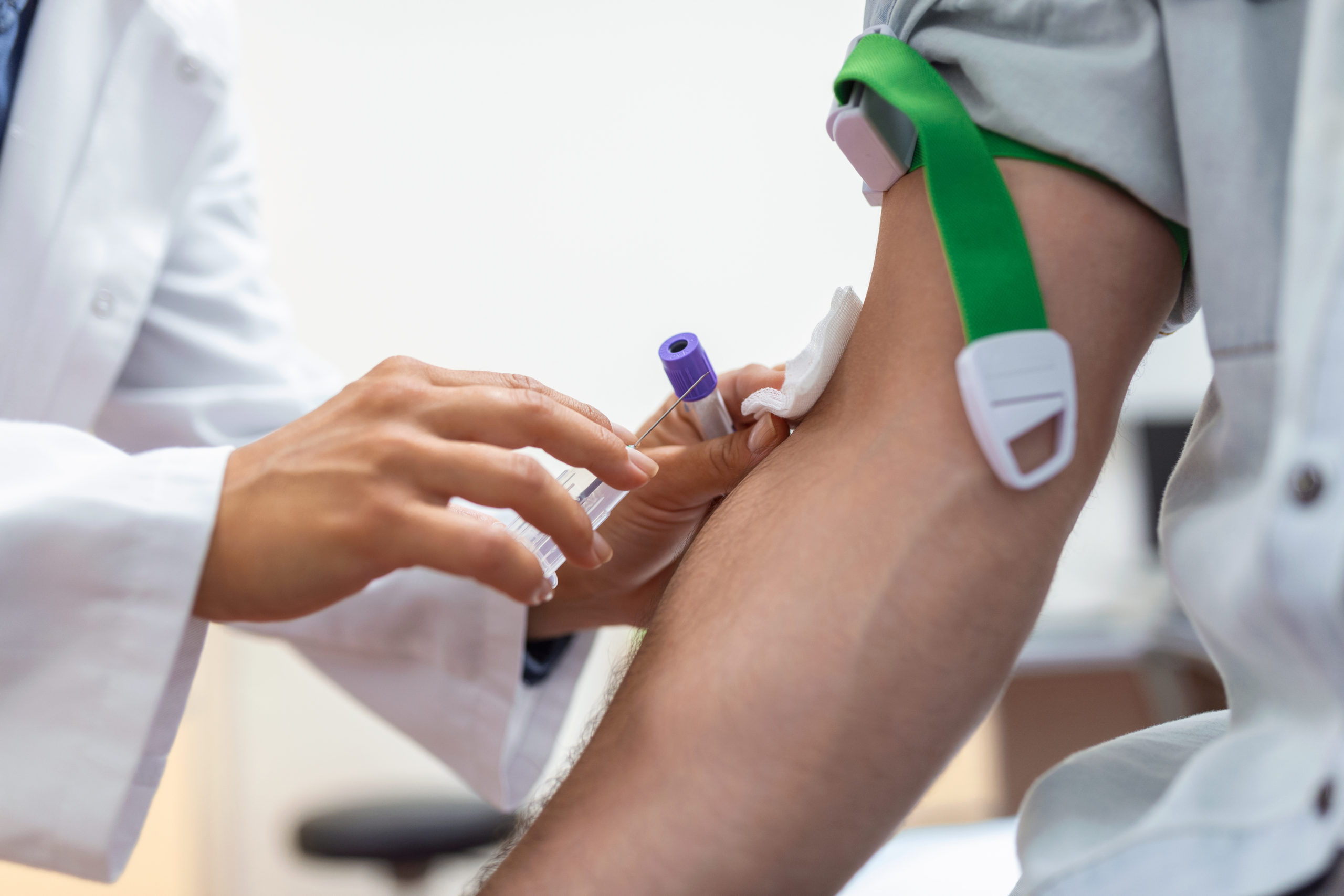
In the field of medicine, urine examination, also known as urinalysis, holds immense importance as a diagnostic tool. It provides valuable insights into an individual’s health by assessing the composition, characteristics, and potential abnormalities present in their urine. In this article, we will explore the significance of urine examination, the different tests involved, and how the best pathology lab in Kolkata & Bhopal can assist in conducting accurate and insightful urinalysis.
The Purpose of Urinalysis:
Urinalysis serves several purposes, enabling healthcare professionals to gather crucial information about a patient’s health. It aids in diagnosing various medical conditions, monitoring the effectiveness of treatment, and even identifying potential underlying issues that may not be evident through other diagnostic methods.
Key Urine Examination Tests:
Physical Examination: This initial step involves assessing the urine’s physical properties, such as color, clarity, and odor. These observations can provide early indications of potential issues, such as dehydration, infection, or kidney problems.
Chemical Examination: In this stage, chemical reagents are used to detect and measure substances in the urine. Common elements examined include glucose, protein, ketones, nitrites, and pH levels. Deviations from normal ranges can signal conditions like diabetes, kidney disease, urinary tract infections, or metabolic disorders.
Microscopic Examination: This step involves examining the urine sediment under a microscope. It helps identify and quantify various elements, such as red and white blood cells, bacteria, crystals, and epithelial cells. Abnormalities in these components can indicate urinary tract infections, kidney stones, or other urinary system disorders.
Results and Interpretation:
Once the urine examination is complete, the results are analyzed and interpreted by experienced laboratory professionals. The findings are then shared with the patient’s healthcare provider for further assessment and diagnosis. Interpretation requires expertise as certain conditions may present overlapping symptoms. Timely and accurate diagnosis is crucial for effective treatment and management of the patient’s health.
How Pathology Lab in Kolkata & Bhopal Facilitates Urine Examination:
The role of a reliable diagnostic laboratory cannot be overstated when it comes to urine examination. The best pathology lab in Kolkata & Bhopal employs skilled technicians and utilizes advanced laboratory equipment to ensure precise and reliable results. Here’s how a diagnostic lab can assist in conducting urine examination:
State-of-the-Art Facilities: The best pathology labs in Kolkata & Bhopal are equipped with best medical technology, including automated analyzers and high-quality microscopic equipments to increase efficiency of urine examination.
Trained Personnel: Pathology labs employ well-trained technicians and pathologists who possess the expertise to perform urine analysis accurately. Their knowledge and experience are instrumental in identifying abnormalities and interpreting the results correctly.
Comprehensive Test Menu: The top diagnostic labs in Kolkata & Bhopal offer a wide range of urine examination tests, covering both routine and specialized investigations. These labs can perform various diagnostic tests, tailored to specific patient needs and physician requests.
Quick Turnaround Time: Diagnostic labs understand the urgency of obtaining test results promptly. They strive to provide timely reports, enabling healthcare providers to make informed decisions swiftly.
Conclusion:
Urine examination plays a vital role in diagnosing and monitoring numerous medical conditions. By analyzing physical, chemical, and microscopic aspects of urine, healthcare professionals can gain valuable insights into a patient’s health status. Health Care Diagnostic Clinic & Laboratory Service, one of the best pathology lab in Kolkata & Bhopal acts as a crucial partner in this process, providing accurate, reliable, and timely urine examination services that aid in effective diagnosis and treatment planning.


